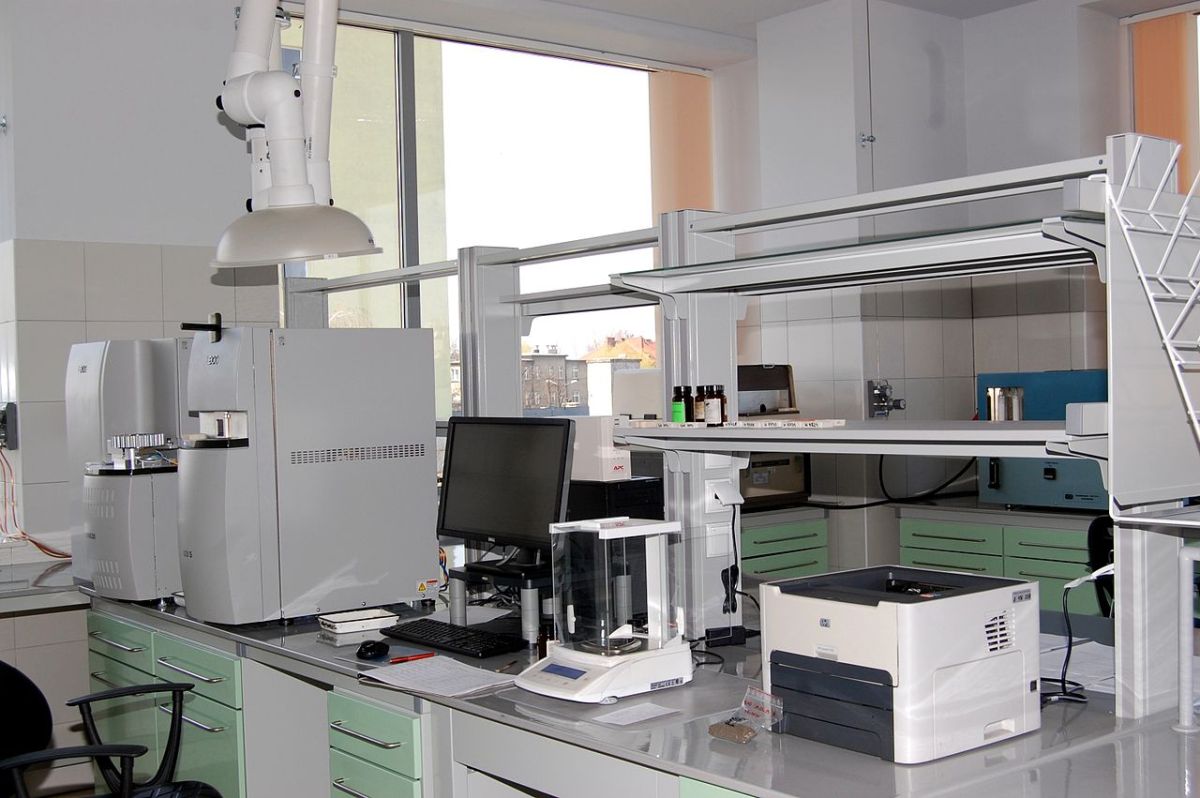Scientific research hews to a tight and controlled schedule: weekly results here, yearly results over there. But what happens at a time when scientists may be unable to check in on their work? In other words, what happens when concerns over being infected by COVID-19 put scientific research and discovery at risk?
Kristen Pope at Smithsonian Magazine explored this very subject in a new article. Pope cites the example of the Northern Gulf of Alaska Long Term Ecological Research Project, which has relied on annual data for decades. Concerns over COVID-19 infection have placed its latest voyage at risk, Pope writes:
If they can continue, all team members will actively monitor their health for 14 days before boarding, self-quarantining and taking their temperatures regularly. But if the vessel doesn’t sail, the project will see gaps in the physical and biological data scientists have been carefully collecting for decades
The National Science Foundation issued a number of guidelines and recommendations for keeping work going during this period. And Pope’s article cites the steps scientists themselves are taking, from delaying research trips to making inventive uses of remote technology.
Other issues persist, however — including the uncomfortable position graduate students who had planned to take part in fieldwork might be in. (That can also be seen as part of a larger issue, in terms of how the coronavirus is delaying crucial work for grad students in many fields.)
Still, safety remains a paramount concern — both for the scientists and researchers planning to embark (or pause their embarkation) on these trips and for those people working with them. There’s always a certain amount of uncertainty involved in scientific research; that’s even more of an issue now.
Subscribe here for our free daily newsletter.
Thanks for reading InsideHook. Sign up for our daily newsletter and be in the know.

















